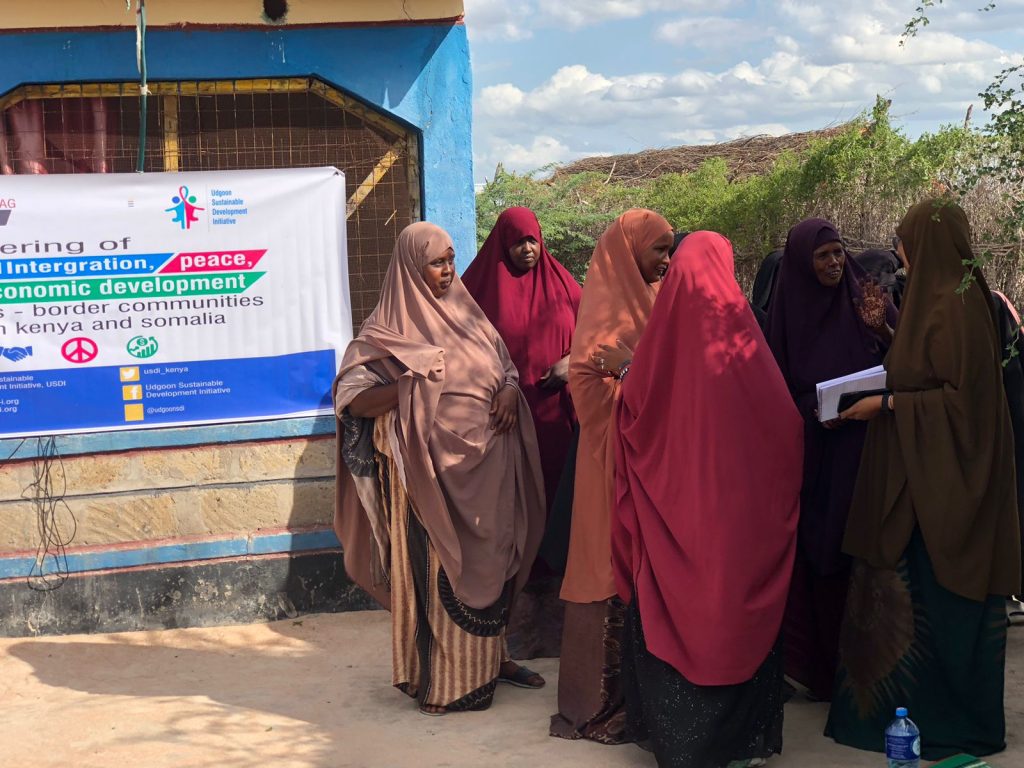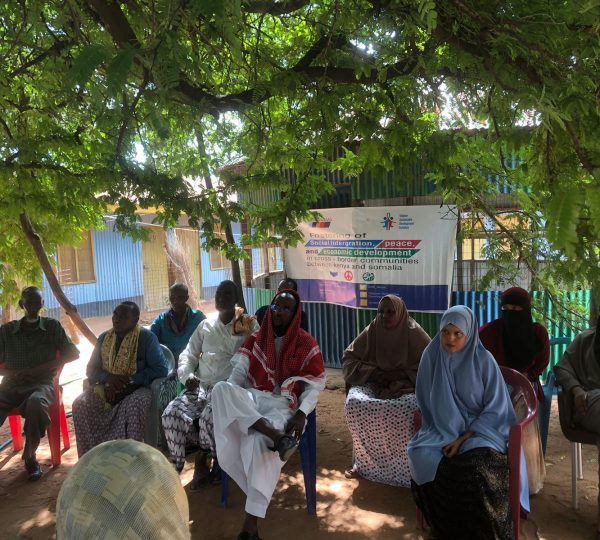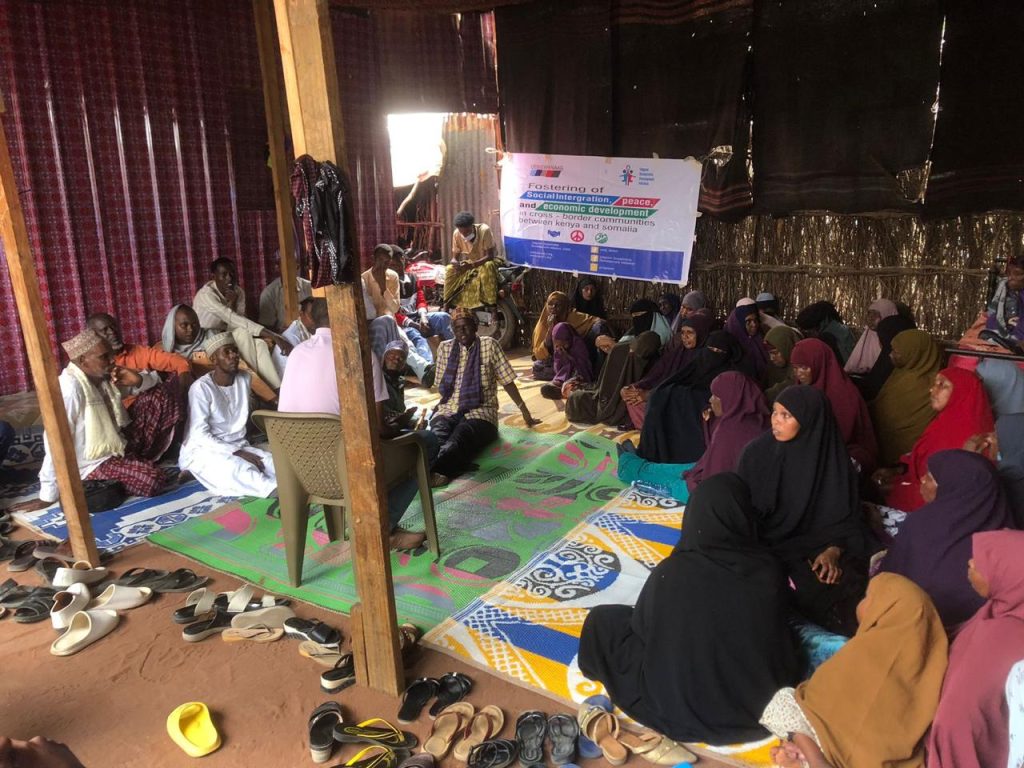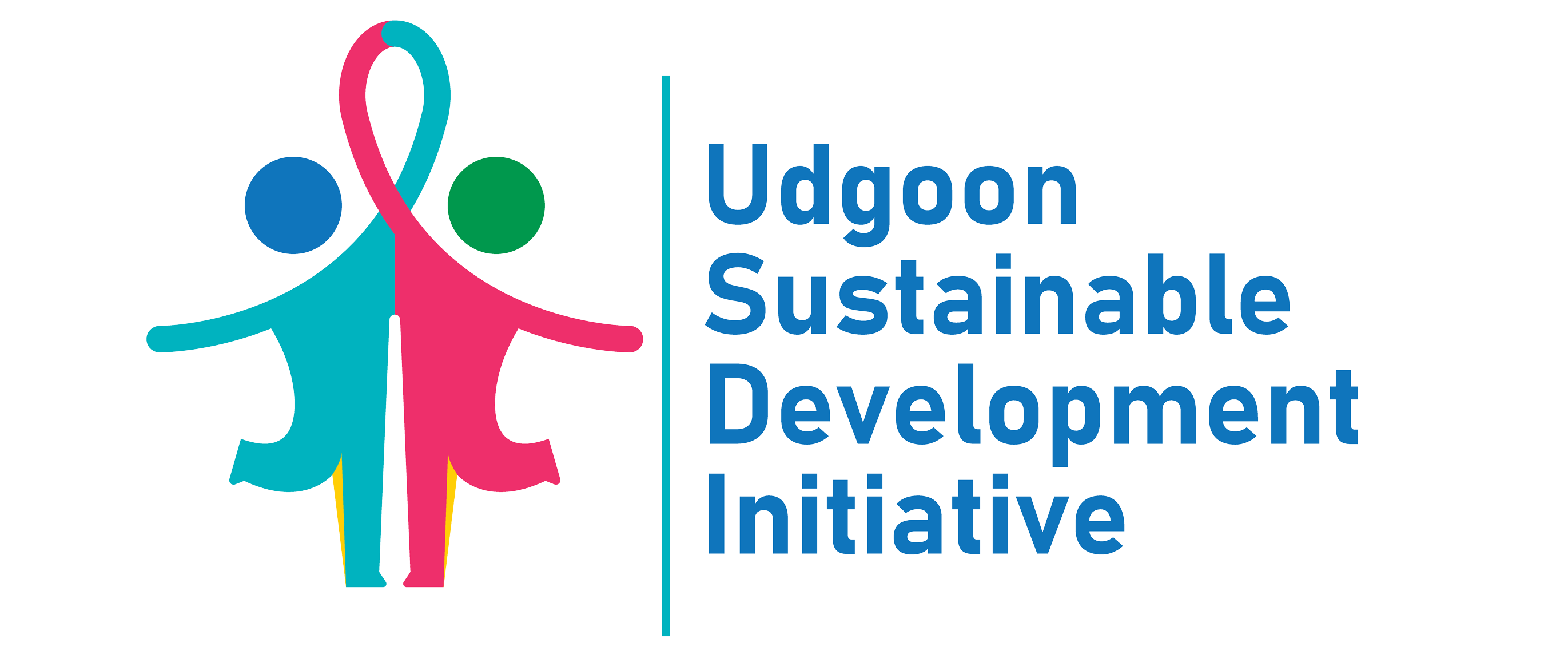DERISWANAAG
Strengthening VSLAs: Economic Inclusion for Women and Minority Clans
One of the key pillars of the Deris Wanaag Project has been the establishment and strengthening of Village Savings and Loan Associations (VSLAs) across four cross-border towns: Amuma, Liboi, Dhobley, and Waraq. These savings groups provide a financial safety net, economic empowerment, and social cohesion for women, youth, and minority clan members—groups that have historically been excluded from financial systems.

Challenges Faced Before VSLA Formation
Before the implementation of the Deris Wanaag Project, women and marginalized groups in the region faced significant barriers to financial inclusion and economic participation. These challenges included:
- Limited Access to Credit and Formal Financial Institutions
Most financial institutions in Garissa County and Lower Juba had strict lending requirements that excluded low-income individuals, particularly:
- Women who lacked collateral such as land or property.
- Youth who had no credit history or established businesses.
- Minority clan members who were often excluded from clan-based financial support structures.
With no access to loans or formal savings, most women and small traders depended on informal borrowing systems, which had high interest rates and unreliable repayment terms.
- Economic Discrimination and Business Monopolies
- Many businesses in the region were controlled by majority clans, making it difficult for minority groups and women to compete.
- Women were largely confined to small-scale informal trading, such as selling vegetables or homemade goods, while larger businesses—such as livestock trading and wholesale shops—were dominated by men.
- Lack of capital meant that many women and youth were stuck in low-income activities, unable to scale their businesses or diversify their sources of income.
- Absence of Organized Savings and Investment Groups
- Prior to the project, no structured financial groups catered to the needs of women and minority communities.
- Most financial support systems were clan-based, meaning that individuals outside the dominant clan often struggled to access resources or support.
- Women had little decision-making power in financial matters, as economic leadership roles were held primarily by men.

USDI’s Intervention: Establishing and Strengthening VSLAs
To address these financial challenges and empower vulnerable groups economically, USDI took the following actions:
- Formation of 12 New VSLAs
USDI worked closely with community leaders, local authorities, and women’s groups to establish 12 VSLAs, each with an average of 10-15 members. These groups included:
- Women entrepreneurs looking to expand their businesses.
- Youth who wanted to start income-generating activities.
- Members of minority clans who were previously excluded from financial networks.
By ensuring a diverse membership, USDI promoted economic inclusion and financial cooperation across different social groups.
- Providing Ksh 100,000 in Seed Capital per VSLA
To help the groups get started, USDI provided Ksh 100,000 (approximately USD 700) in initial funding for each VSLA.
- This capital was used to create a revolving loan fund, allowing members to borrow and invest in their businesses.
- Members could take small, interest-free loans to start or expand enterprises, which they repaid into the group savings pool.

This financial boost helped members who previously had zero access to credit start or improve their businesses, making them more financially independent.
- Financial Literacy and Business Training
Recognizing that many VSLA members had never managed formal savings or loans before, USDI organized comprehensive financial literacy training covering:
✅ Basic accounting and record-keeping to track savings and loans.
✅ How to manage group funds transparently to build trust.
✅ Business development skills, including marketing, pricing, and inventory management.
✅ Household financial planning, ensuring that earnings were invested wisely.
By equipping members with these skills, the project ensured that VSLAs could function independently and sustainably beyond the project’s timeline.
Impact of VSLA Formation on Women and Minority Clans
The creation of VSLAs has had transformational effects on the financial security, economic independence, and social standing of its members.
- Increased Financial Inclusion and Access to Capital
- Over 120 individuals now have direct access to savings and small loans through VSLAs.
- Women, youth, and minority clans—who were previously financially excluded—can now save regularly and borrow for emergencies or business growth.
- Members have been able to expand their businesses, pay school fees for their children, and improve household financial stability.
- Growth of Women-Owned Businesses
- More women are now running independent businesses, including:
- Retail shops
- Poultry farming
- Tailoring and textiles
- Small-scale agribusiness
- This has reduced dependency on male relatives, giving women more economic decision-making power in their households.
- Strengthening Community Trust and Collaboration
- By bringing together people from different clans, VSLAs have helped bridge social divides and build trust between historically marginalized groups and dominant clans.
- Members are now working together on joint business ventures, strengthening economic cooperation and inter-clan relationships.
- Improved Household Well-Being
- With stable savings, members can now handle financial emergencies such as medical bills or school fees without falling into debt.
- The additional income from VSLA businesses has improved household nutrition, allowing families to afford more diverse and healthy meals.
- Sustainable Economic Empowerment
- VSLA members have developed a culture of savings, ensuring long-term financial security.
- Many members have reinvested their earnings into their businesses, creating a cycle of continuous economic growth.
Challenges and Lessons Learned
Challenges Encountered
❌ Limited business diversification: Many members initially focused on similar types of businesses, creating competition within the group.
❌ Cultural barriers: Some families were hesitant to allow women to manage finances independently.
❌ Security concerns: Some VSLAs struggled with keeping savings safe, as formal banking services were not available in all areas.
Lessons Learned and Solutions
✅ Encouraging business diversity: Training sessions now include lessons on identifying market gaps to help members venture into less competitive sectors.
✅ Community sensitization: USDI has worked with religious leaders and elders to advocate for women’s financial independence, leading to greater acceptance.
✅ Exploring mobile banking solutions: The project is engaging local banks and mobile money services to provide safer digital savings options for VSLAs.
VSLAs as a Tool for Long-Term Economic Stability
By establishing and strengthening VSLAs, USDI has:
✅ Enabled marginalized groups to access credit for the first time.
✅ Created sustainable business opportunities for women, youth, and minority clans.
✅ Strengthened social ties between different communities, fostering economic cooperation and peacebuilding.
The success of these VSLAs proves that financial empowerment is a powerful tool for social transformation. With continued support and training, these savings groups will continue to drive economic growth and social inclusion long after the Deris Wanaag Project ends.
